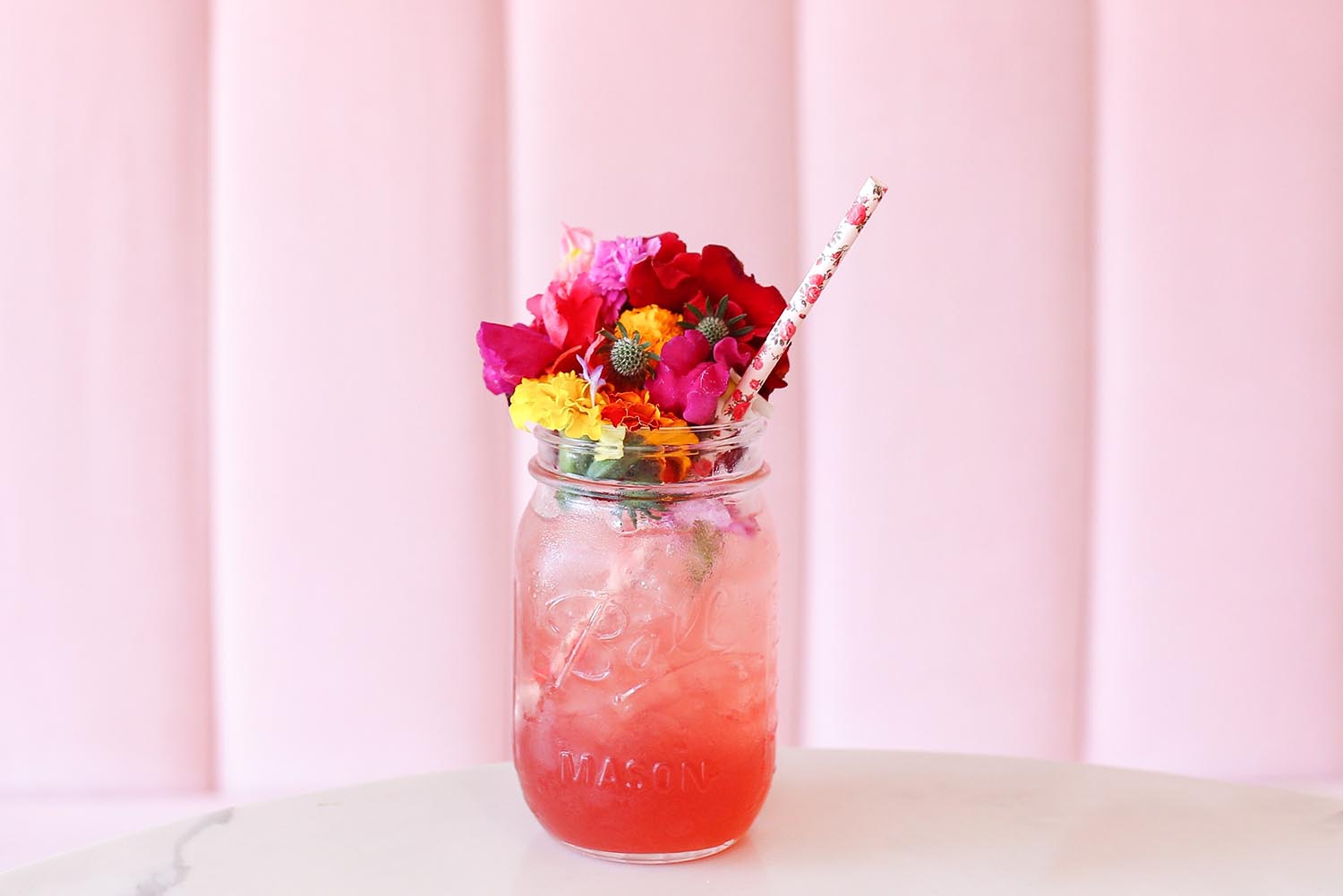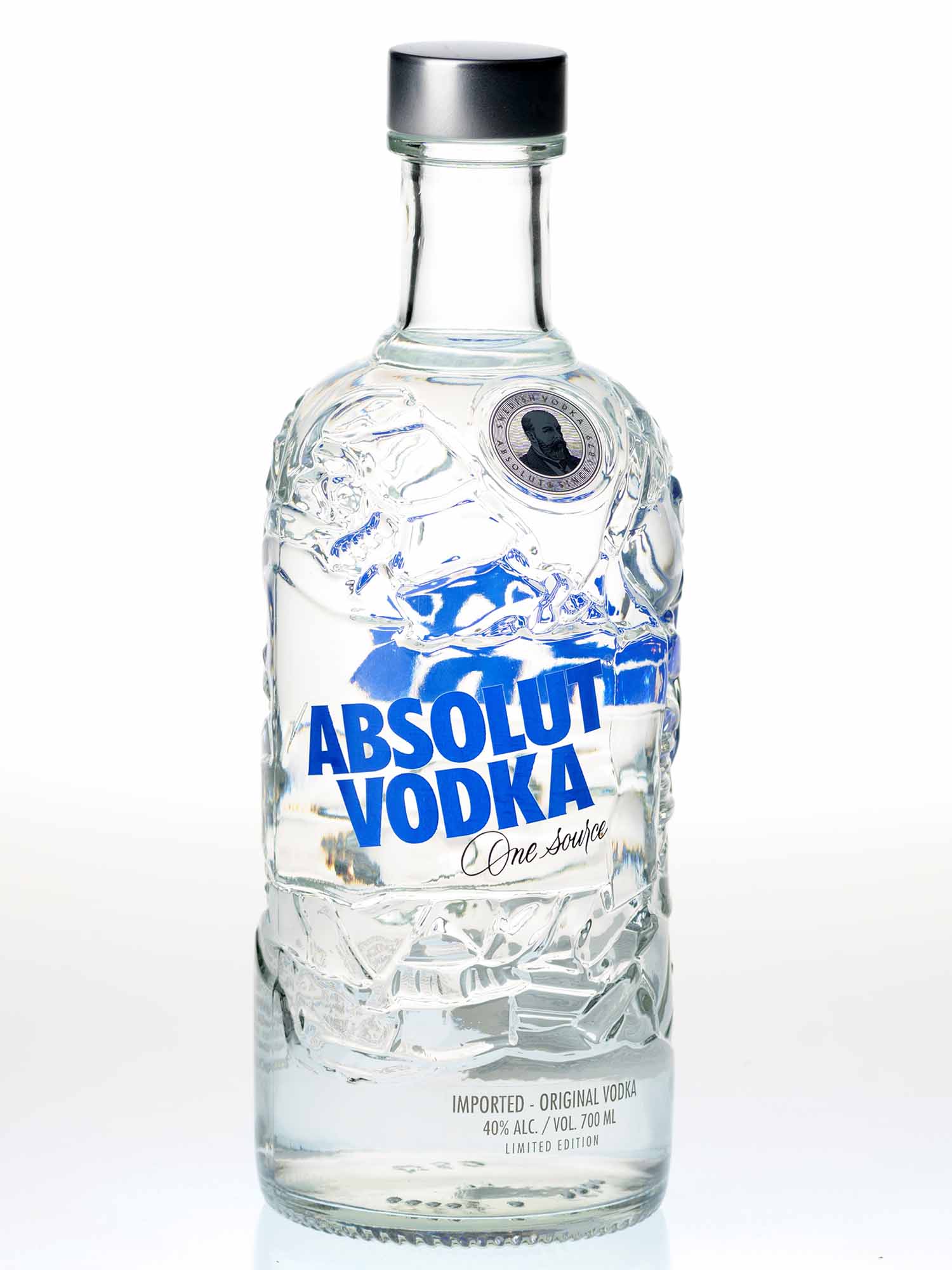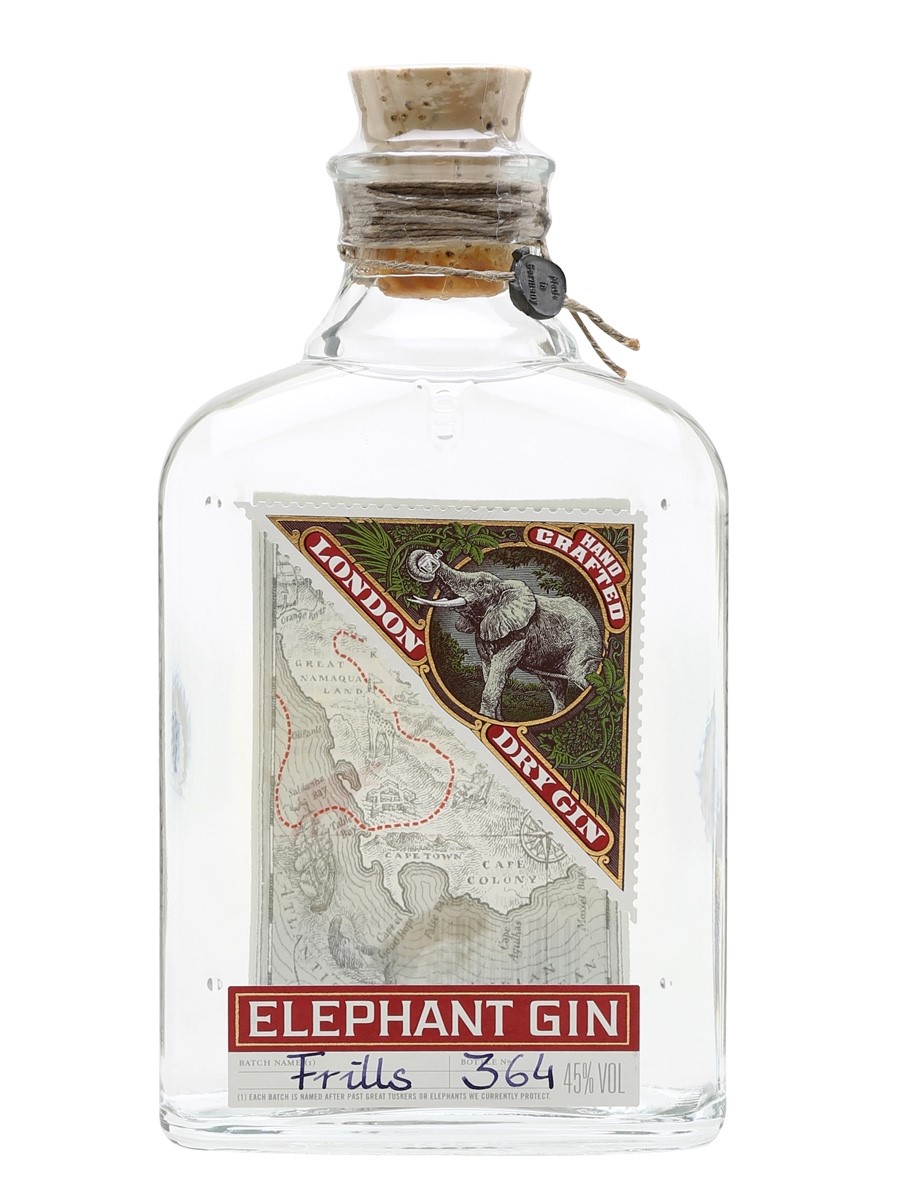Let’s be honest, while some of us put sobriety on the list of new year resolutions, many of us still feel deserving of a little nip at the end of a long week – but have you ever wondered how that delicious sip made its way into your hands?
Producing spirits is a pretty big procedure with an almighty footprint, and while one way to reduce this footprint is by shopping locally, turns out, it’s a few of the larger brands that are leading by sustainable example where it really counts.
Image via Unsplash

The main and most impactful process of producing a spirit is distillation [1] – where ingredients, such as water and grain or potatoes, are heated within a vessel into fermentation and the rising vapour is liquified and extracted as alcohol.
This requires a heap of energy and amasses large amounts of waste from leftover mashed grain that needs to go somewhere.
We’ve recently worked with Absolut to support the launch of their new Limited Edition Bottle – Absolut Recycled – and after much industry research, know a thing or two about sustainable sips. So we’re sharing a few below to get you going with a vodka, whiskey and gin brand that fit our ‘sustainable sips’ criteria to inspire you the next time you’re browsing the shelves for cocktail hour.


Absolut Vodka
The Absolut distillery is carbon neutral certified, and one of the most energy-efficient in the world [2]. Their 1% waste to landfill policy is made possible by creatively reusing waste, such as ‘stillage’. This protein-rich bi-product from wheat-based vodka distillation is used to feed 290,000 pigs and cows at neighbouring farms in Ahus, Sweden, every day. Here in Australia, Absolut is now championing reusing waste in creative ways working with local artists and makers to inspire people to reuse more and waste less!
Adnams Whiskey
Have a ‘zero to landfill’ motto, sending the majority of their brewery and distillery waste to either feed cattle or to an anaerobic digester where it’s transformed into energy. They also use glass or 90% recycled aluminum for packaging and work with suppliers to reduce their carbon footprint every year – their carbon emissions down by 48% since 2008 – on their way!
Elephant Gin
This gin is produced in small batches only and the producers are committed to a plastic policy that actively avoids single use-plastics. They source recyclable and sustainable materials including glass bottles and 100% recycled boxes. Their most recent project sees them upcycling leftover sloe berries by collaborating with restaurants and bars to create unique menu offerings. And as its name suggests, with every full-size bottle sold, Elephant Gin contributes 15% of profits to elephant conservation charities.
[1] 2012 Research on the Carbon Footprint of Spirits report by the Beverage Industry Environmental Roundtable (BIER).
[2] 2016 BIER Water and Energy Use Benchmarking Report


